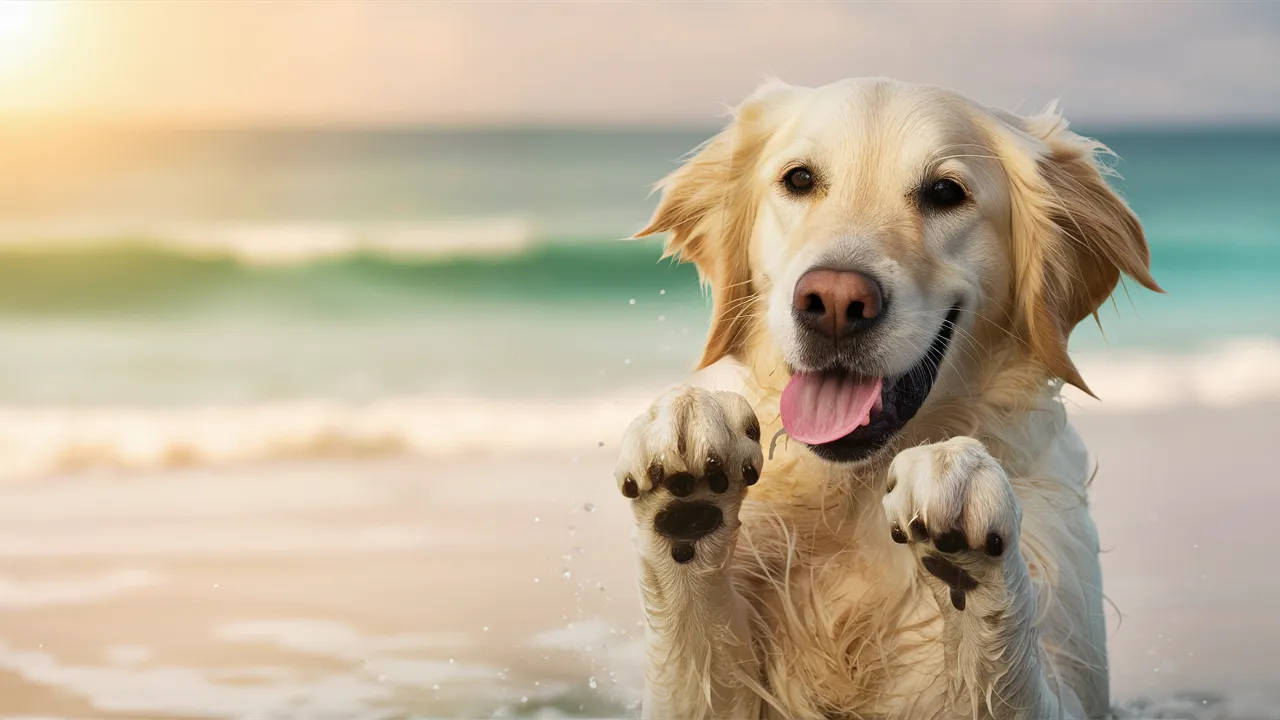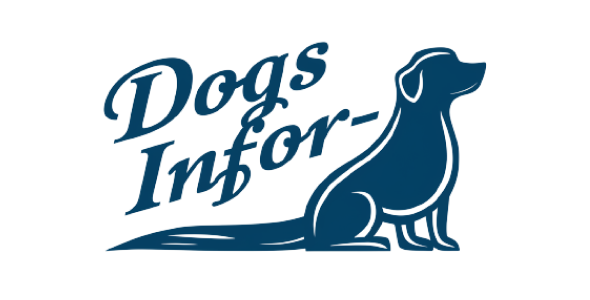Discover the common reasons Why Do Dogs Lick At Their Paws, from simple grooming to underlying health issues. Learn how to identify the cause and when to seek veterinary advice with Dogs Infor.
Common Reasons for Paw Licking
Excessive paw licking can be a sign of various underlying issues in dogs. Here are some common reasons why your dog might be licking their paws:
Itchiness and Allergies
- Allergies: Food allergies, environmental allergies (pollen, dust mites), or contact allergies (flea bites, chemicals) can cause itching and irritation, leading to paw licking.
- Skin Infections: Bacterial or fungal infections can also cause itchiness and inflammation.
- Parasites: Fleas, ticks, and mites can irritate the skin and cause excessive licking.
Pain and Injury
- Injuries: Paw injuries, such as cuts, scrapes, or sprains, can cause pain and discomfort, leading to licking.
- Nail Problems: Ingrown nails, nail infections, or broken nails can also cause pain and irritation.
- Arthritis: Arthritis can cause pain and inflammation in the paws, leading to licking.
Boredom and Anxiety
- Boredom: Dogs who are bored or lack mental stimulation may lick their paws as a way to self-soothe or relieve boredom.
- Anxiety: Separation anxiety, fear, or stress can also trigger paw licking as a coping mechanism.
Skin Conditions
- Dry Skin: Dry skin can be itchy and uncomfortable, leading to licking.
- Lick Granuloma: This is a chronic skin condition that develops when a dog repeatedly licks a specific area, causing inflammation and thickening of the skin.

When Paw Licking Becomes a Problem?
While occasional paw licking is normal, excessive licking or licking that causes harm can be a sign of a serious issue. Here are some warning signs that paw licking has become a problem:
Excessive Licking
- Constant Licking: If your dog is constantly licking their paws, even when they don’t seem itchy or injured, it’s a cause for concern.
- Licking for Extended Periods: If your dog is licking their paws for more than a few minutes at a time, it could indicate a problem.
- Licking Throughout the Day: If your dog is licking their paws throughout the day, even when they’re not actively engaged in other activities, it’s a sign that something is wrong.
Licking Until Bleeding
- Raw, Irritated Paws: If your dog’s paws are raw, red, or bleeding due to excessive licking, it’s a serious issue that needs immediate attention.
- Lick Granuloma: A lick granuloma is a chronic skin condition that develops when a dog repeatedly licks a specific area, causing inflammation and thickening of the skin.
Changes in Behavior
- Restlessness: If your dog is restless, pacing, or exhibiting other signs of anxiety, it could be related to paw licking.
- Aggression: If your dog becomes aggressive or protective of their paws, it could be a sign of pain or discomfort.
- Loss of Appetite: If your dog is not eating or drinking normally, it could be a sign of an underlying medical condition that’s causing the paw licking.

What to Do If Your Dog Is Licking Their Paws?
If your dog is licking their paws, it’s important to take action to address the issue and provide relief. Here’s what you can do:
Identify the Cause
- Observe: Pay close attention to your dog’s behavior, including when and how they lick their paws.
- Check for Signs of Injury: Examine their paws for any cuts, scrapes, or signs of inflammation.
Consider Environmental Factors: Think about any recent changes in your dog’s environment, such as new food, cleaning products, or exposure to allergens.
Provide Relief and Comfort
- Soak Paws: Soak your dog’s paws in warm water for a few minutes to help soothe irritation.
- Apply a Soothing Cream: Use a veterinarian-recommended cream or ointment to help moisturize and protect their paws.
- Distract and Engage: Engage your dog in activities they enjoy to distract them from licking.
- Limit Access: If necessary, use a cone or socks to prevent your dog from licking their paws.
Consult a Veterinarian
- Professional Diagnosis: It’s crucial to consult with your veterinarian to determine the underlying cause of the paw licking.
- Treatment Plan: Your veterinarian can recommend appropriate treatment, such as medication, allergy testing, or dietary changes.
- Preventative Measures: Your veterinarian can also help you develop preventative measures to reduce the risk of future paw licking.
Conclusion
Paw licking in dogs can be caused by a variety of factors, including allergies, injuries, boredom, anxiety, and skin conditions.If your dog is licking their paws excessively or if you notice any concerning changes in their behavior, seek professional advice from your veterinarian. They can help determine the underlying cause and recommend appropriate treatment to ensure your dog’s comfort and well-being.

Related Post
How Tight Should A Dog’s Collar Be? How To Determine
Get Rid Of Dog Tartar: Effective Removal Methods
Dog Crying At Night: Understanding And Solving The Problem